We know our bodies need training to get physically strong. So, do we need to train our souls to grow and develop spiritually? Robin Chandler, a Baha’i living in Massachusetts, says that the use of the phrase “heavenly training” in the Baha’i writings always captivated her.
The phrase comes from what Abdu’l-Baha, the authorized interpreter of the Baha’i writings and the son of Baha’u’llah, the prophet and founder of the Baha’i Faith, wrote regarding how we should raise children:
It is incumbent upon thee to nurture them from the breast of the love of God, to urge them towards spiritual matters, to turn unto God and to acquire good manners, best characteristics and praiseworthy virtues and qualities in the world of humanity, and to study sciences with the utmost diligence; so that they may become spiritual, heavenly and attracted to the fragrances of sanctity from their childhood and be reared in a religious, spiritual and heavenly training.
“I wondered what does that [heavenly training] mean?” Robin says. “Well, you find out what it means when you start to engage yourself in this process of personal transformation — whether it’s about racism or sexism or domestic violence or whatever the issues are that you’re dealing with in your community or in your life.”
RELATED: The Specific Behaviors We Need to Solve Racism
Indeed, being oriented toward a process of community building is central to being a Baha’i.
“The supreme need of humanity is cooperation and reciprocity,” Abdu’l-Baha said during a talk he gave in Denver in 1912. “The stronger the ties of fellowship and solidarity amongst men, the greater will be the power of constructiveness and accomplishment in all the planes of human activity.”
Robin’s video comes from The Race Unity Project, which shares “the century-long story of the American Baha’i community and its efforts — as well as its tests and challenges — in promoting race unity.” The effort is produced by Journalism for Change, Inc, a nonprofit media organization founded by filmmaker and human rights activist Maziar Bahari. Videos from “The Race Unity Project” include candid conversations about things many of us wonder — such as what does everyday racism look like and how do you find your spiritual identity.
RELATED: How a Baha’i Advocate for Justice Showed Us the Path to Race Unity
In this clip, Robin explains that one way to transform the soul and engage in heavenly training is through direct action. She also shares how, in the early 20th century, Abdu’l-Baha was a perfect exemplar of how we can transform society and combat racism and oppression. Watch as Robin shares what instructions Abdu’l-Baha gave to a predominantly white Baha’i community when he came to the United States in 1912 — instructions that are, given the ongoing challenge of racism in American society, still relevant.
“The issues of class were very clearly delineated, and social stratification and social segregation were still going on,” Robin says. “He came and did an intervention.”
Radiance Talley is the director of operations at BahaiTeachings.org. She graduated from the University of Maryland with a degree in communication, a College Park Scholars Arts Citation, and a cognate in journalism. In addition to her writing, drawing, presentation, and public speaking experience, Radiance also...
READ MORE

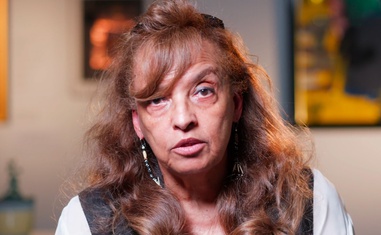


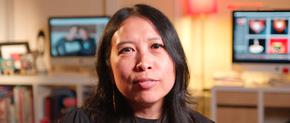
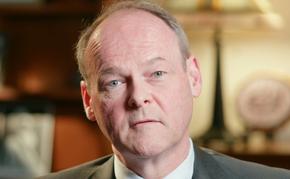
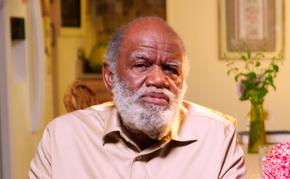
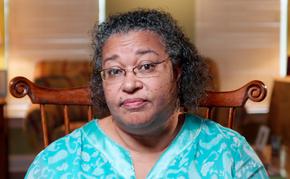









Comments
Sign in or create an account
Continue with Facebookor